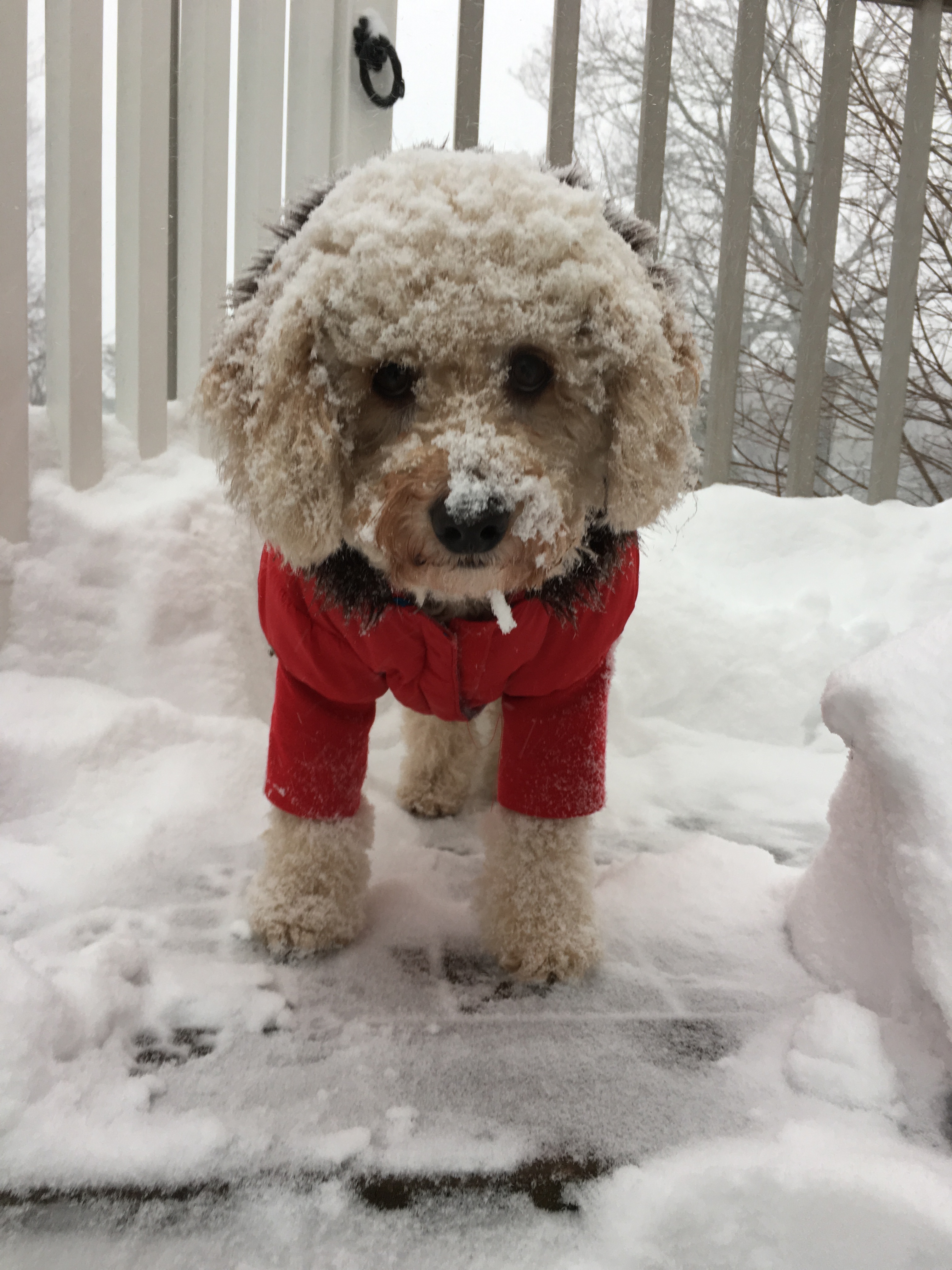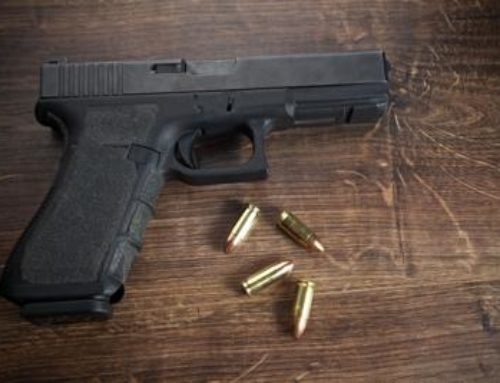Well, here we are knocking on Old Man Winter’s door. First, the kids go back to school. Then, the leaves start changing. Next thing you know the holidays are here and then – boom, winter! Just the very thought of home maintenance can make you sigh but winterizing your home is important. Truth is that you can easily do many of these winter home projects, and they’re worth the effort. Especially if you get an early start in the Fall. The blistering temps and whipping winds can make the tasks that much more difficult and uncomfortable to do.
As cold weather creeps up, it is very important to take a few preventative measures to protect your home through the chilly winter months. Winterizing is generally a task that can be done relatively inexpensively but will make a big impact. Even some effective home weatherproofing jobs are something that homeowners can complete without professional help. Keep the cold out, and the heat in!
As temperatures begin to dive, your home will require maintenance to keep it in optimum shape throughout the winter season. From the furnace to the gutters to the landscaping, winterizing helps protect your home while keeping you comfortable. You can take many steps to winterize your home and help protect against personal injury and financial implications with these tips from the ArtOfManliness.com:
- Call an HVAC professional to inspect your furnace. Before you turn on that furnace for the first time this winter, have an HVAC professional come check it out and give it a tune-up. They’ll make sure your furnace is running efficiently and safely. During a furnace inspection the HVAC will likely do the following:
- Do a safety check for carbon monoxide
- Clean and replace air filters
- Check blower operation
- Clean motor and fan
- Inspect gas piping to furnace
A furnace inspection will set you back $100 or more, but the energy savings and your family’s safety are well worth the investment.
- Have the HVAC guy clean and inspect heating ducts. While the HVAC man is at your house inspecting your furnace, have him do the same to your heating ducts. Studies have shown that up to 60% of heated air escapes from ducts before making it to the vents. That’s a lot of money leaking out of your pocket. The HVAC guy can check for any leaks in your air duct system and then take steps to seal them.
- Trim any nearby trees. If you have any tree branches hanging near your roof, windows, or driveways, trim them back. Snow and ice will weigh them down and possibly cause them to break.
- Reverse ceiling fans. Most people don’t know that you can use your fans during the winter to keep your house warm. On every ceiling fan there’s a switch that allows you to reverse the direction of the blades. Switch it so your ceiling fan rotates clockwise. That will push warm air down and force it to recirculate throughout the room.
- Block air leaks. According to the U.S. Department of Energy, drafts can waste 5% to 30% of your energy use. You’re likely to find drafts underneath doors and near windows. If you find a leak underneath your door put a draft snake across the bottom of it. If you have leaks near your windows, get some weather-resistant caulk and caulk them from the outside. You can use weather stripping as well.
- Winterize the A/C. You’re probably not going to be using your air conditioner during the winter, so taking some steps to protect it during this time can extend the life of your machine. Winterizing your A/C is easy. Drain any pipes or hoses coming from your air conditioner. You don’t want them freezing during the winter months. Also make sure to vacuum out any pools of water you have in the A/C’s drain pan. Another step you can take is to cover your central air unit with a plastic air conditioner cover.
- Replace your furnace filter regularly. Regularly change your furnace’s filters throughout the winter. A dirty filter impedes air flow, reduces efficiency, and could even cause a fire in an extreme case.
- Install storm doors and windows. Storm doors and windows can increase energy efficiency in your home by 45%. You install storm doors and windows on the outside of your regular doors and windows.
- Check your insulation. Simply adding more fiberglass insulation in your attic can boost the energy efficiency in your home.
- Wrap your pipes. Insulating your pipes reduces heat loss and can raise hot water temperatures delivered through your pipes, which allows you to reduce the heat on your boiler. That will save you money on your gas bill. And by making your pipes energy efficient, you also don’t have to wait as long for hot water when you turn on the shower, which helps conserve water and time. Wrapping your pipes with insulation will also help prevent your pipes from freezing. You can get pre-slit pipe foam at the hardware store. Simply cut the foam to the length you need, wrap it around the pipe, and fasten it in place with duct tape.
- Check smoke and carbon monoxide detectors. Winter sees an uptick in the number of home fires and cases of carbon monoxide poisoning because people are running their furnaces and boilers overtime in order to keep warm. To keep your family safe, check the batteries on your smoke and carbon monoxide detectors and change them if needed.
- Get your chimney inspected. Have a certified chimney sweep inspect and clean your chimney. Thousands of fires each winter originate in chimneys. A chimney sweep can check the structure of your flue and remove any combustibles or obstructions in your chimney.
- Wear warm clothes. One of the easiest ways to lower your energy bill is dress warmly!
- Clean your gutters. Clogged gutters can lead to the formation of ice dams on your roof. To prevent ice dams, clean out the dead leaves and other gunk in your gutters so water can drain freely.
Additionally, if you’re planning to close your vacation, rental or primary home for the winter, don’t leave before winterizing it either. Here are some more tips from AngiesList.com, if you’re planning on closing your property over the cold winter months.
- Adjust your thermostat. If you have been running the AC all summer long, you are going to want to flip it over to the heat setting. You need it to stay around 50 – 55 degrees or so to prevent pipes from freezing.
- Shut off the water at the main shut off valve in your house. It is a good idea to open all your faucets and drain your toilets of water — also keep the faucets open to prevent pressure buildup from the little bit of water that remains in your pipes. This will help prevent a burst pipe as the water expands with changing temperatures
- Turn off your gas line to prevent a gas leak or other gas related incident.
- Bundle the house up tight! If you are in an area prone to storms, put storm windows on, close shutters, secure plywood over windows, store all outside décor or furniture indoors for the season, too. Make sure that all the windows are closed and locked. Check each one because any window that is open even a tiny crack can let snow and rain into your home.
- Unplug everything. Not only will this save you money as your unused appliances will not be using phantom energy, it also protects the house from an appliance shorting out.
- Tell your neighbors. Make sure they’re aware of your move, so they can keep an eye on your property.
- Stop the mail. If you have been receiving mail at this location, be sure to forward it on or change your mailing address to the residence you will be moving to.
- Check your sump pump. Make sure it functions properly. A wet basement will make for a bad start to next season.
- Close the damper or flue on your fireplace. This will prevent snow, rain or animals from finding a way into your home.
- Double check your gutters. Don’t leave the gutters clogged. Drain spouts should be secured to take heavy rain away from your house.
- Take any live plants you have with you. You don’t want to come back to a house full of dead plants!
- Clean out your fridge and pantry of all perishable items. Wipe your fridge down, unplug it and be sure to keep the door to your refrigerator and freezer open.
- Put any non-perishable food in air-tight containers. Any food you do leave behind should be in air-tight containers to prevent pests from feeding off it all winter long.
- Clean thoroughly before you leave.
- Arm your security alarm. If you have a security system ensure that is working and engaged when you leave, otherwise double check that all door locks are in working order — and be sure not to leave any valuables behind!
Now it’s time to kick back and enjoy the colder weather and fun this season has in store. Knowing that your home and family are safe can make a world of difference. Keeping everyone protected against personal injury and your property safe from financial implications is extremely important.
https://www.angieslist.com/






